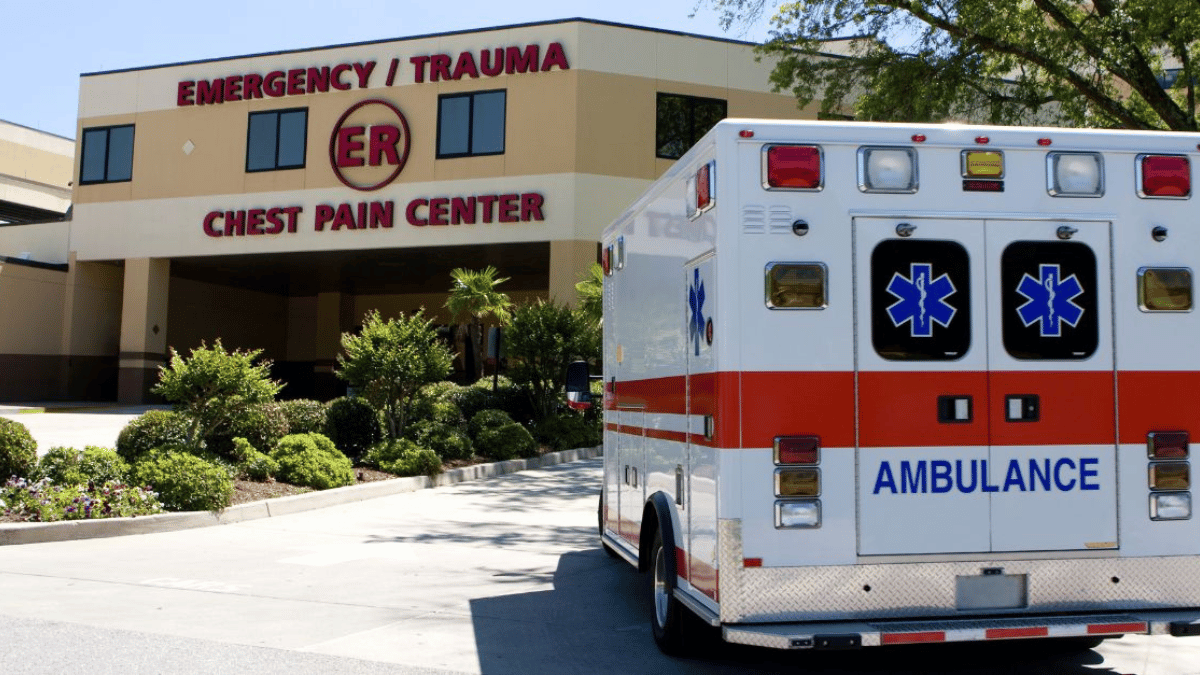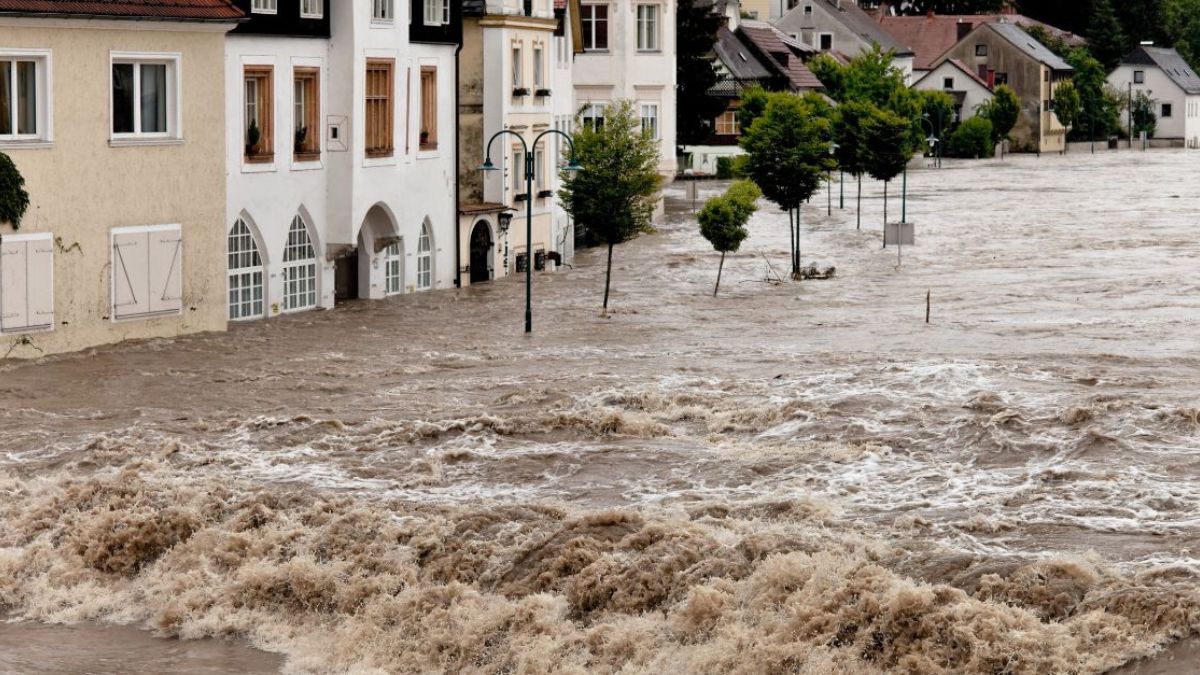While it’s human nature to plan for the best, it’s financially savvy to be prepared for the unexpected. Financial shocks are sudden and unpredictable events that may negatively affect your personal finances.
Coming to terms with the fact that financial stability can take a hit at any time is the first step towards preparedness. Such unanticipated occurrences can range from job loss, medical expenses, and car repairs to unforeseen housing costs.
While we cannot predict these shocks, we can certainly be prepared. Here are financial surprises that can turn your life into a “near-instant doom spiral,” especially when they hit without warning.
1. Job Loss

Job loss often strikes without warning, making it a devastating financial shock that can derail your financial stability. With numerous potential causes, such as company layoffs, health issues, or industry downturns, the impact on your finances can be severe and sudden.
Building and maintaining a robust emergency savings account is crucial to mitigate the fallout. This essential buffer will provide the financial support needed to navigate this challenging period and regain balance.
2. Medical Emergencies

Medical emergencies can result in significant financial burdens, especially since treatment costs for unexpected illnesses or injuries can escalate quickly.
Comprehensive health insurance serves as a shield against unexpected medical costs. Health insurance can significantly reduce financial stress, spotlighting your focus on recovery rather than bill payments.
3. Home Repairs

Homeownership brings unexpected expenses, with the potential for sudden, costly outlays on repairs. Unanticipated issues such as a leaking roof or a malfunctioning heating, ventilation, and air conditioning (HVAC) system can seriously dent your finances.
Given the unpredictability and inevitable nature of these expenses, preparedness is vital. By establishing a dedicated home maintenance fund and contributing to it monthly, you can ensure that such costs are catered for without significantly draining your savings.
4. Vehicle Repairs

Unforeseen car repairs or the necessity for replacements can catch you off-guard, posing a financial challenge. When reliable transportation is crucial to your job, this unexpected circumstance can further jeopardize your income.
To counter this potential shock, it’s prudent to designate a portion of your monthly budget specifically for vehicle maintenance. When you take this proactive step, you safeguard your finances against unexpected vehicular expenses.
5. Divorce

Going through a divorce is not only emotionally draining but also has a substantial financial impact. Factors such as alimony, child support, and legal costs can pose severe economic challenges and elevate stress levels in an already stressful situation.
Therefore, seeking professional advice can equip you with strategic insights to navigate this difficult situation. Also, deliberate financial planning is vital to manage and mitigate the economic blow of a relationship ending.
6. Natural Disasters

Insurance doesn’t always fully cover costs arising from natural disasters like earthquakes and floods. These can lead to substantial, unexpected financial stress. Thus, always check the insurance coverage of your policy to ensure you are sufficiently covered when bad times hit.
An emergency fund provides a necessary financial cushion. A savings reserve can help manage unforeseen disaster-related expenses.
7. Identity Theft

Living in the digital era has seen a significant rise in identity theft incidents, which can negatively impact your finances and credit score.
Constant vigilance of your financial accounts is crucial to detect any suspicious activities early. Additionally, investing in a reliable identity protection service can offer a valuable layer of defense, helping mitigate the risk of such financial shocks.
8. Stock Market Downswing

Sudden stock market drops can surprise unprepared investors. Steep declines can lead to substantial losses when you’re unfamiliar with the stock market. Therefore, diversifying investments across an array of assets can mitigate these risks.
Plus, only invest money that you can afford to lose. Money that you need readily available, like your emergency fund or your savings, shouldn’t be invested.
9. Helping a Family Member

The desire to assist a family member going through hard times is an innate response, but it can unexpectedly impose financial pressure. Such situations can lead to unforeseen changes in your own financial situation.
To safeguard against this, allocating a portion of your savings specifically for potential family-related emergencies may be a smart move. That way, you are able to provide assistance when necessary while maintaining financial stability.
10. Tax Surprises

Neglecting to track finances regularly can lead to unexpected tax bills, significantly impacting your financial stability. Such surprise obligations occur when tax liabilities are overlooked.
To prevent this, regular consultations with a tax professional are recommended. This helps accurately estimate your tax dues and prevent surprising tax charges that you didn’t budget for.
11. Premature Death of a Partner

The premature passing of a spouse or partner is an emotionally devastating event that can also lead to enormous financial stress. It can disrupt your current economic landscape, further complicating the grieving process.
However, a life insurance policy can be a financial safeguard during such distressing times. This insurance policy can cushion the financial blow, helping ensure stability amidst the loss. Life is unpredictable, and as the saying goes, “Hope for the best, prepare for the worst.”
How To Make 500k a Year – 15 Best Jobs To Pursue & Make Good Money

Who doesn’t want a high-paying job? Your finances will surely be secure if you get a 6-figure job. But what work do you need to get paid that much money? There are many ways to land such a job of your dreams. Learn how to make 500k a year.
SEO Writer at Radical Fire, Blogger with expertise in SEO writing. She graduated from St. Paul College Foundation Inc. and has taken courses in freelancing and writing at FVA. She has over 100 articles across the web. Carina is passionate about reading nonfiction books, writing, and watching various documentaries about travel and economics. She has also written for an MSN publication.

